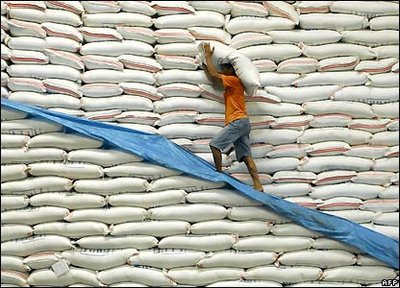11 Mar 2014
Journal Articles
Häberli, Christian
Food Security and Agri-Foreign Direct Investment in Weak States: Finding the Governance Gap to Avoid ‘Land Grab’

by Christian Häberli and Fiona Smith
A rising world population coupled with climate change creates growing pressure on global world food supplies. States alleviate this pressure domestically by trying to attract agri-foreign direct investment (agri-FDI). This is a high-risk strategy for weak states: the state may gain valuable foreign currency, technology and debt-free growth; but equally, investors may fail to deliver on their commitments and exploit weak domestic legal infrastructure to ‘grab’ large areas of prime agricultural land, leaving only marginal land for domestic production. A net loss to local food security and to the national economy results. This is problematic because the state must continue to guarantee its citizens’ Right to Food and property. Agri-FDI needs close regulation to maximise its benefit. This article maps the multilevel system of governance covering agri-FDI. We show how this system creates asymmetric rights in favour of the investor to the detriment of the host state’s food security and how these problems might be alleviated.

